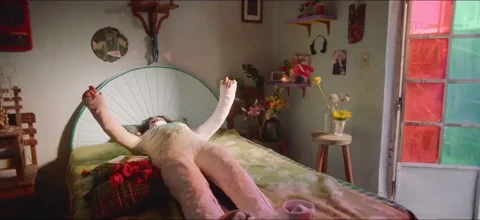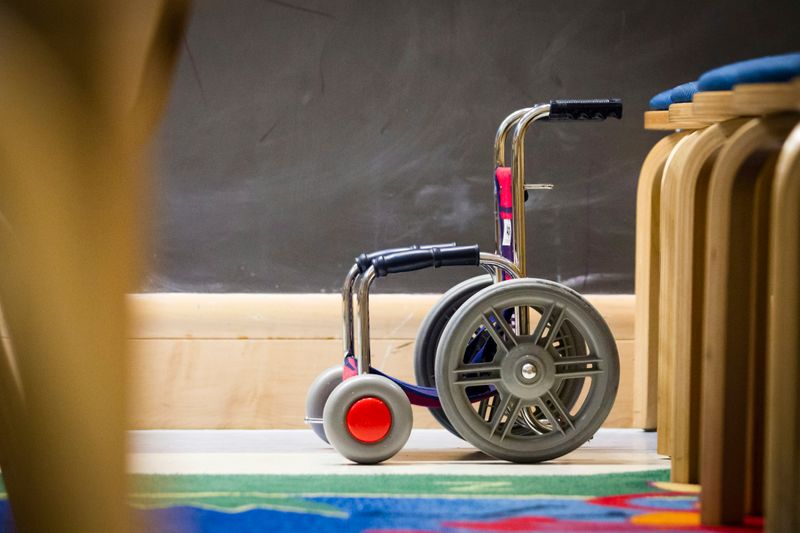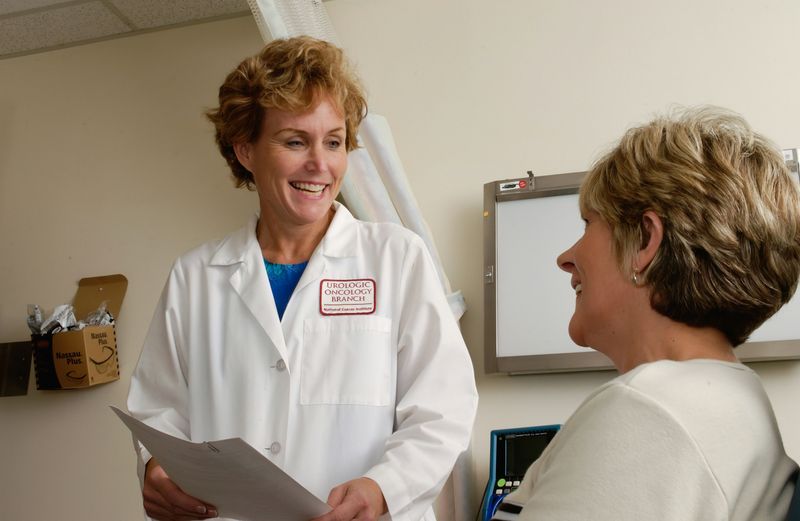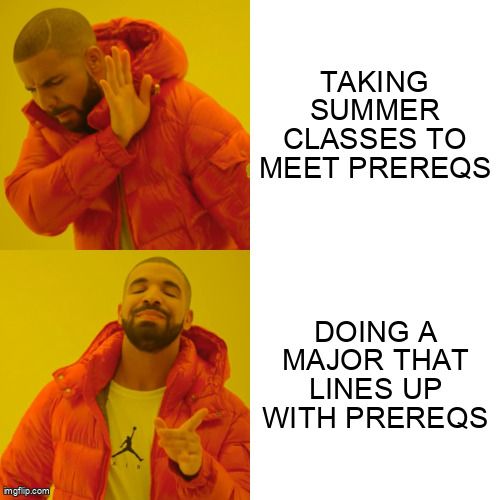Have you ever had to help someone do a simple daily task because they got injured and couldn't do it themselves?

That's when occupational therapy comes into play!
Occupational therapists are healthcare professionals who examine the holistic needs of patients and come up with treatment plans to help them.
If you want the opportunity to change a person's life for the better, you should study occupational therapy.
What is Occupational Therapy?
Occupational therapy enables people of all ages to participate in daily living.
— American Occupational Therapy Association
Occupational therapists (OTs) work with people at any stage in their life. They assess patients' lives and interests, and then develop treatment plans to help patients improve their ability to participate in their occupations.
For example, an OT can help a stroke survivor relearn how to take a shower independently, teach a child to hold a pencil, or coach someone experiencing mental health struggles how to manage stress.
Occupational therapists can help patients with the following:
 Photo by Alyson McPhee on Unsplash
Photo by Alyson McPhee on UnsplashDaily Activities
taking a shower
getting dressed
eating with utensils
 Photo by National Cancer Institute on Unsplash
Photo by National Cancer Institute on UnsplashAdaptive Equipment
wheelchairs
shower chairs
other equipment for daily tasks
 Photo by Savelie Antipov on Unsplash
Photo by Savelie Antipov on UnsplashHome Safety
fall prevention measures
improving accessibility at home
training family/caregivers
Quiz
Who would you be able to help as an occupational therapist? Select all that apply:
The Path to Becoming an Occupational Therapist
If you choose to become an OT in the United States, the required education to start practicing will be...
Bachelor's Degree and GRE
Master of Occupational Therapy (MOT) Degree, including fieldwork experience
National Board for Certification in Occupational Therapy (NBCOT) Exam
State license
Continuing education to maintain credentials (every 2-3 years)
Other countries will have their own required education path, so be sure to check with OT professional associations in your country if you're not planning to practice in the US.
Two Career Paths for OTs
 Photo by National Cancer Institute on Unsplash
Photo by National Cancer Institute on UnsplashRegular OT Practitioner
With a Master of Occupational Therapy (MOT) degree and the required licensing, you can start practicing in a large variety of settings, including:
schools
hospitals
rehabilitation facilities
home health
 Photo by Mohammad Shahhosseini on Unsplash
Photo by Mohammad Shahhosseini on UnsplashOT Research & Leadership
If you obtain a Doctorate in Occupational Therapy (OTD) degree, you can also help advance the field via:
OT research
teaching in academia
advocacy organizations
OT management
College Courses to Take
In order to apply for a Masters of Occupational Therapy (MOT) program, you should take prerequisite courses during your undergraduate studies, such as:
biology
anatomy
physiology
medical terminology
It's helpful to major in:
pre-occupational therapy
health sciences
kinesiology
neuroscience

Say I get into my Master's program...what then?
Once you're in a Master of Occupational Therapy (MOT) program, you'll be taking OT-specific classes (e.g. Foundations of Occupational Therapy, Exercise Therapy). The most important parts of the MOT, according to my OT friends, are the fieldwork courses that give you hands-on experience providing therapy for real patients!
Quiz
Which of the following would increase your success in getting into a strong Masters program? Select all that apply:
Take Action
So, are you interested in this holistic healthcare profession? Are you ready to help people get back on their feet and live independently?

Here's how you can start deciding to pursue occupational therapy TODAY!
Your feedback matters to us.
This Byte helped me better understand the topic.

